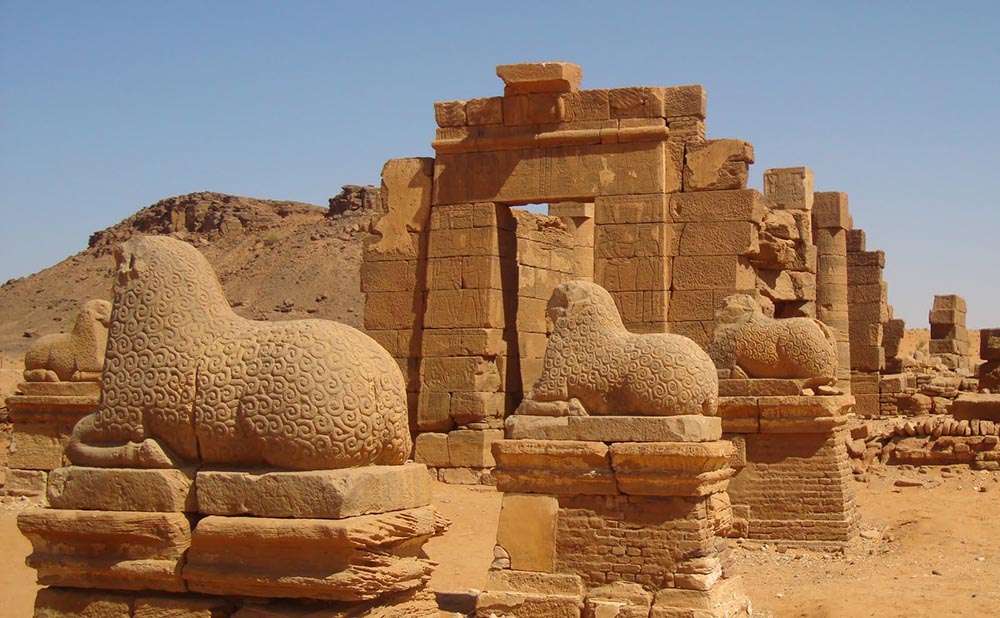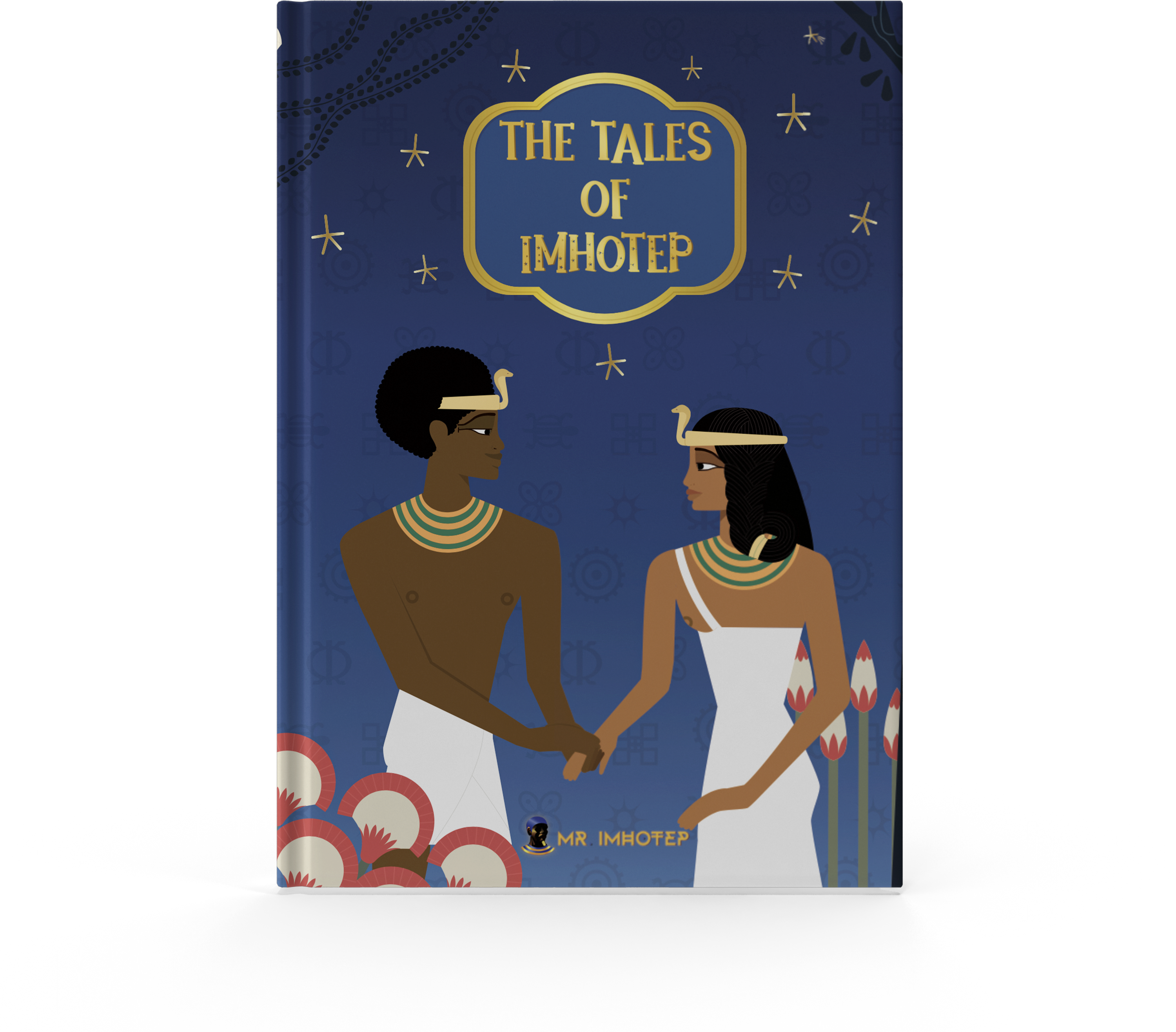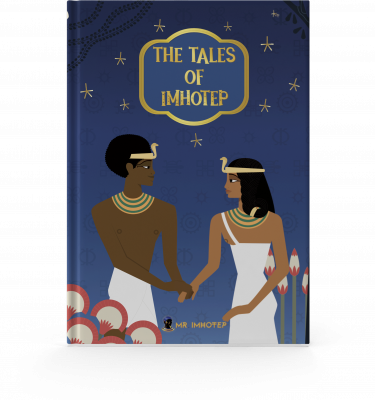Forgotten Wonders of Africa
Sudan, a country that most people today associate with wars, famine, and dark skin. And that most ancient history lovers usually associate to the Nubian people. But unfortunately, because of the racist propaganda that strikes African History, people consider the word Nubian as synonymous of black slaves. This is the story that most European scholars taught us. And it can even still be seen in documentaries like Rise of the black pharaohs. A documentary created by PBS in which the narrator describes the Nubians as a people of ancient black slaves, who were captured and civilized by their northern neighbors, the Kemites (that they insinuate to be white or Arabic people) and who finally during the 25th dynasty decided to get their revenge and invade their ancient masters.
This is exactly what happens when one lets people with a biased point of view and a racist mind tell the great history of Africa. The number of lies in that documentaries is incredible, but unfortunately, most people are educated through these types of documents. The truth is completely different. The Nubians are the first African people to populate the Nile valley. Most serious scholars today admit the fact that they are the first people to settle around the Nile river and that they also started the first civilization in that area. Which means that before the existence of Kemet, there was Nubia or Ta-seti and Wawat.
And all the latest studies even proved that they were at the root of the Kemetic (Ancient Egyptian) civilization. The irony about these studies is the fact that the Kemites (Ancient Egyptians) themselves wrote about the fact that their ancestors came from the lands located in the southern regions and then colonized the northern land to start a new civilization. But that story is completely hidden by mainstream media because they want to promote and maintain the illusions that we still don’t know where the Kemites came from or that maybe they came from Europe or Asia. But this debate is already over as you can see it.
Nubia and Sudan were parts of the heartland for the Kemites. According to them, their main Gods were Nubian in origin and were even born there. For example, the ancient Kemetic God Amen, who was considered the Chief of all Gods of Kemet was believed to be born in Jebel Barkal, a mountain located in the middle of modern Sudan. So, it makes absolutely no sense to believe that the Kemites considered their neighbors as inferior when even the Gods that they worshipped came from these lands. But it is important to understand that even though both people were very close and shared the same origin, there were conflicts between both brothers. Something very common among members of the same family whose common culture started to differentiate through time even though there were still strong ties and that the common origin can be seen in both cultures.
In the video Charles Bonnet, a Swiss archaeologist discovered an unknown structure with a totally unknown architectural style. And the size and the quality of these structures completely changed his point of view on ancient Sudan. He understood that contrary to what mainstream media and scholars taught us, Sudan was a strong center of civilization with powerful kings and magnificent culture way before the 25th dynasty that most European scholars introduce as the beginning of the Sudanese influence. These Kings could rival with their northern neighbors and that it was probably why Kemet used to attack them. They feared their strength because if it developed to strongly, it would end up with an invasion. So, to prevent that, they tried their best to always attack first.
This changes completely the narrative and the way we see Sudan, Nubia, and black people. The narrative goes from slaves who were civilized by their northern neighbors to the originator of civilization in the Nile valley. Which is a huge shift. This is how we should see the people of that country who once was the largest African country. Today, the country is experiencing numerous political troubles and among them, there is a fear of the destruction of the numerous archeological sites and also the undiscovered ones. Because as Charles Bonnet said it, that land has never really been excavated. In the past, European scholars did not want the greatness of Sudan to be known because the people were black Africans.
Admitting that Black people could build civilizations of that magnitude was going against the ideas spread by their propaganda. Today, the problem is probably related to the insecurity within the country. Scholars who would like to go there and excavate can’t do it because there are too many threats.
We started a petition to support the Nubian people and Save the archaeological sites of the land of the ancestors. You can sign it by going on this page: This is why we have to save Nubia








